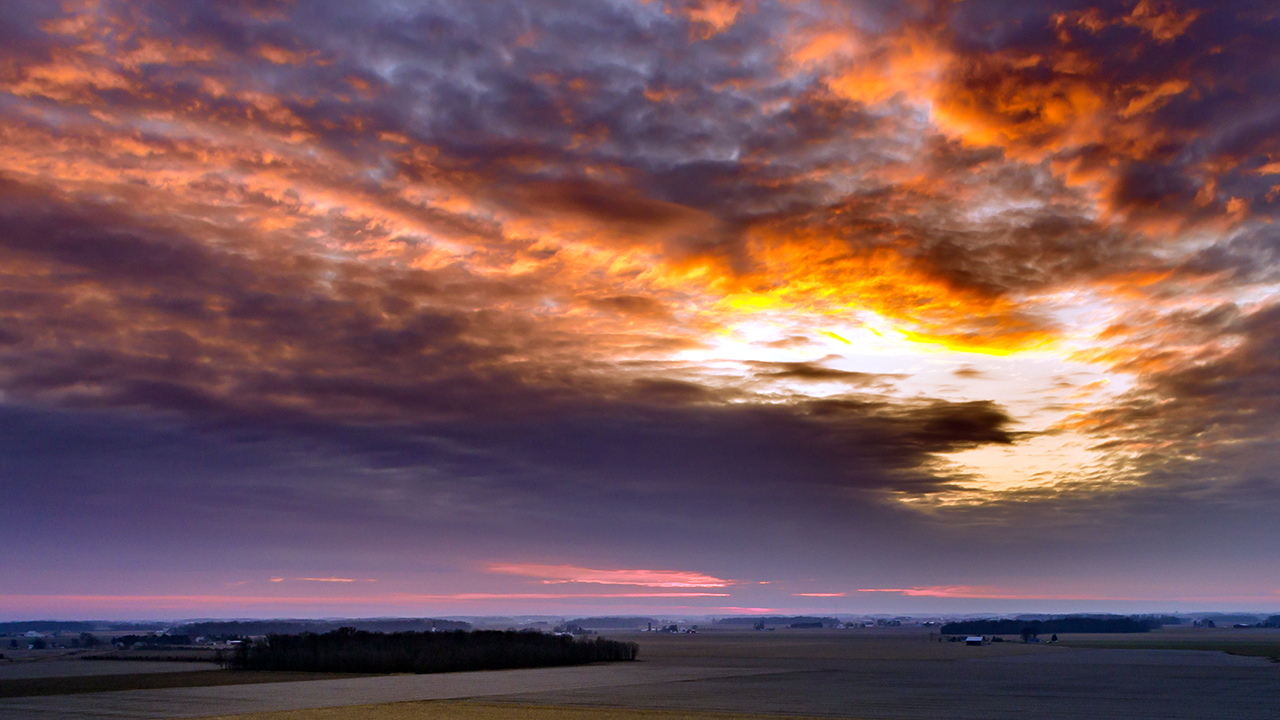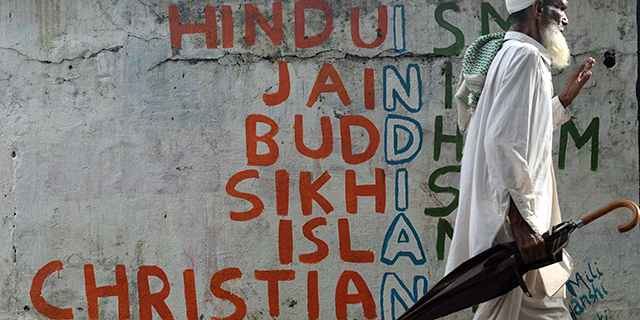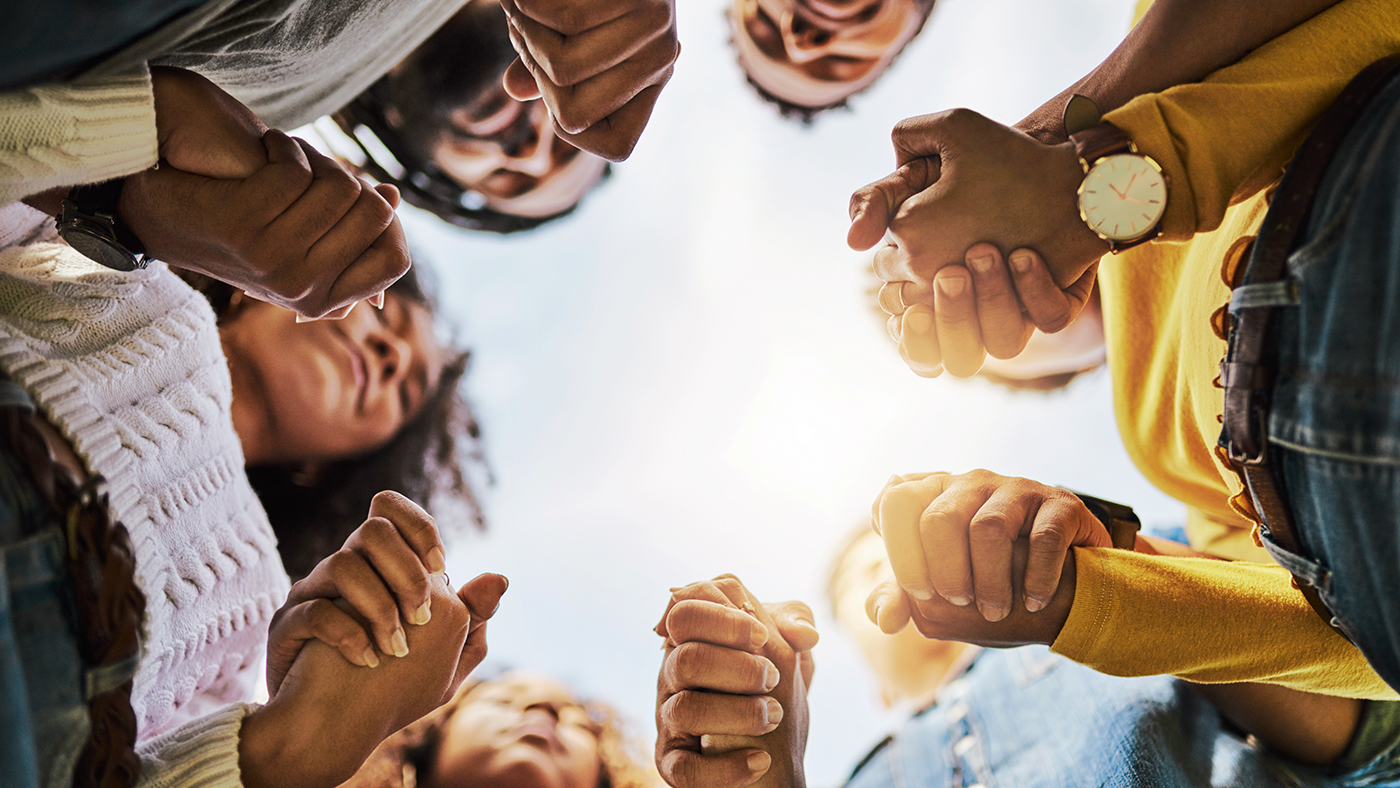
Most White Americans who regularly attend worship services voted for Trump in 2020
Among White Americans, worship service attendance remains highly correlated with presidential vote choice.
Among White Americans, worship service attendance remains highly correlated with presidential vote choice.
Indians overall know very little about Jainism and its practices. Here are six facts about Jains in India, from a June 2021 Center report.
Hindus were the religious group most likely to say they voted for the BJP in India’s most recent parliamentary election.
Women continue to be less involved than men in mosque life in the U.S., but the pattern appears to be changing.
In the U.S., highly religious adults are much more skeptical about the possibility of extraterrestrial life than those who are less religious.
Nearly two-thirds of Hindus (64%) in India say it is very important to be Hindu to be truly Indian, our survey found.
Here’s a closer look at public opinion on the death penalty, as well as key facts about the nation’s use of capital punishment.
Today, there are millions of Christians in India, although they make up just 2.4% of the country’s massive population.
Among churches that posted their sermons, homilies or worship services online between Aug. 31 and Nov. 8, 2020, two-thirds posted at least one message from the pulpit mentioning the election. But discussion varied considerably among the four major Christian groups included in this analysis.
Among India’s six largest religious groups, some are much more likely than others to abstain from eating meat.
The Global Religious Futures (GRF) project is jointly funded by The Pew Charitable Trusts and The John Templeton Foundation. Here are some big-picture findings from the GRF, together with context from other Pew Research Center studies.
Indians see religious tolerance as a central part of who they are as a nation. Across the major religious groups, most people say it is very important to respect all religions to be “truly Indian.”
Today, most Black adults say they rely on prayer to help make major decisions, and view opposing racism as essential to their religious faith.
The Christian share of the U.S. population is declining, while the share of Americans who do not identify with any organized religion is growing. These changes affect all regions in the country and many demographic groups.












